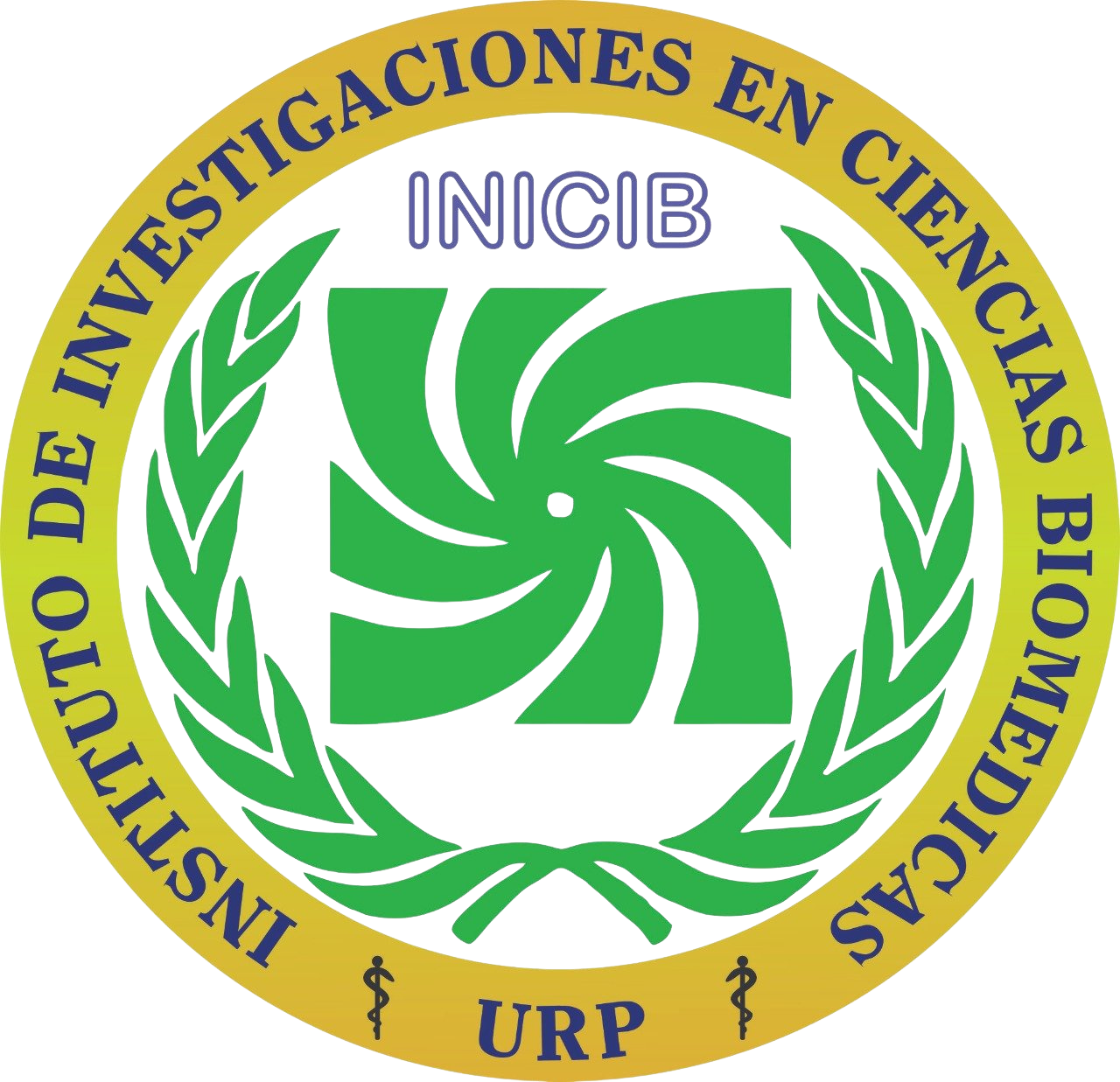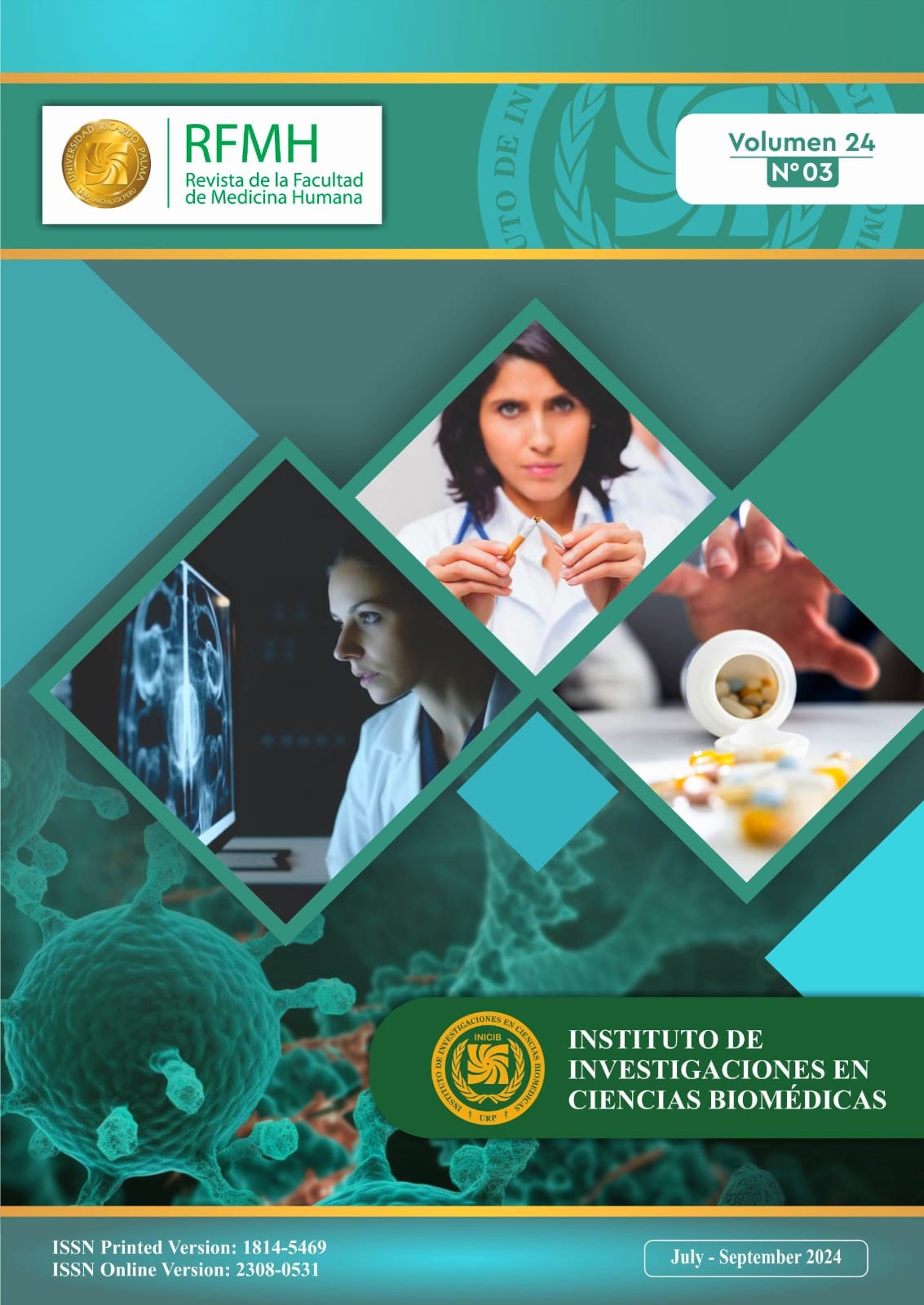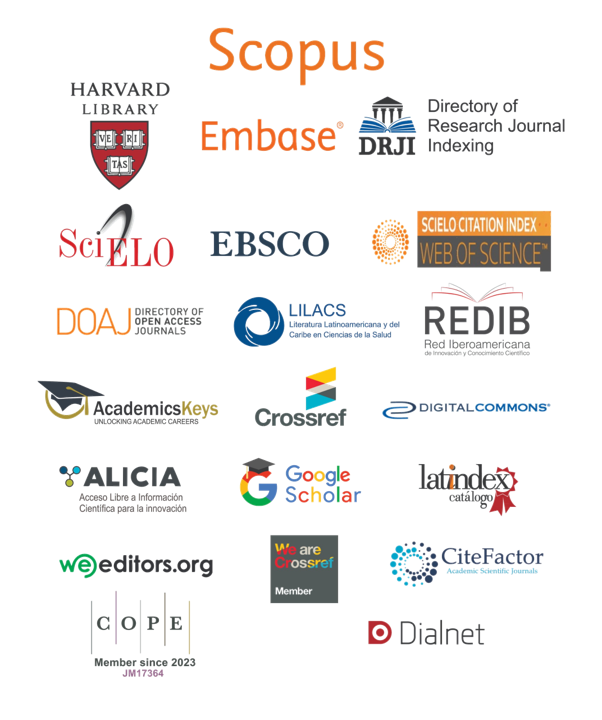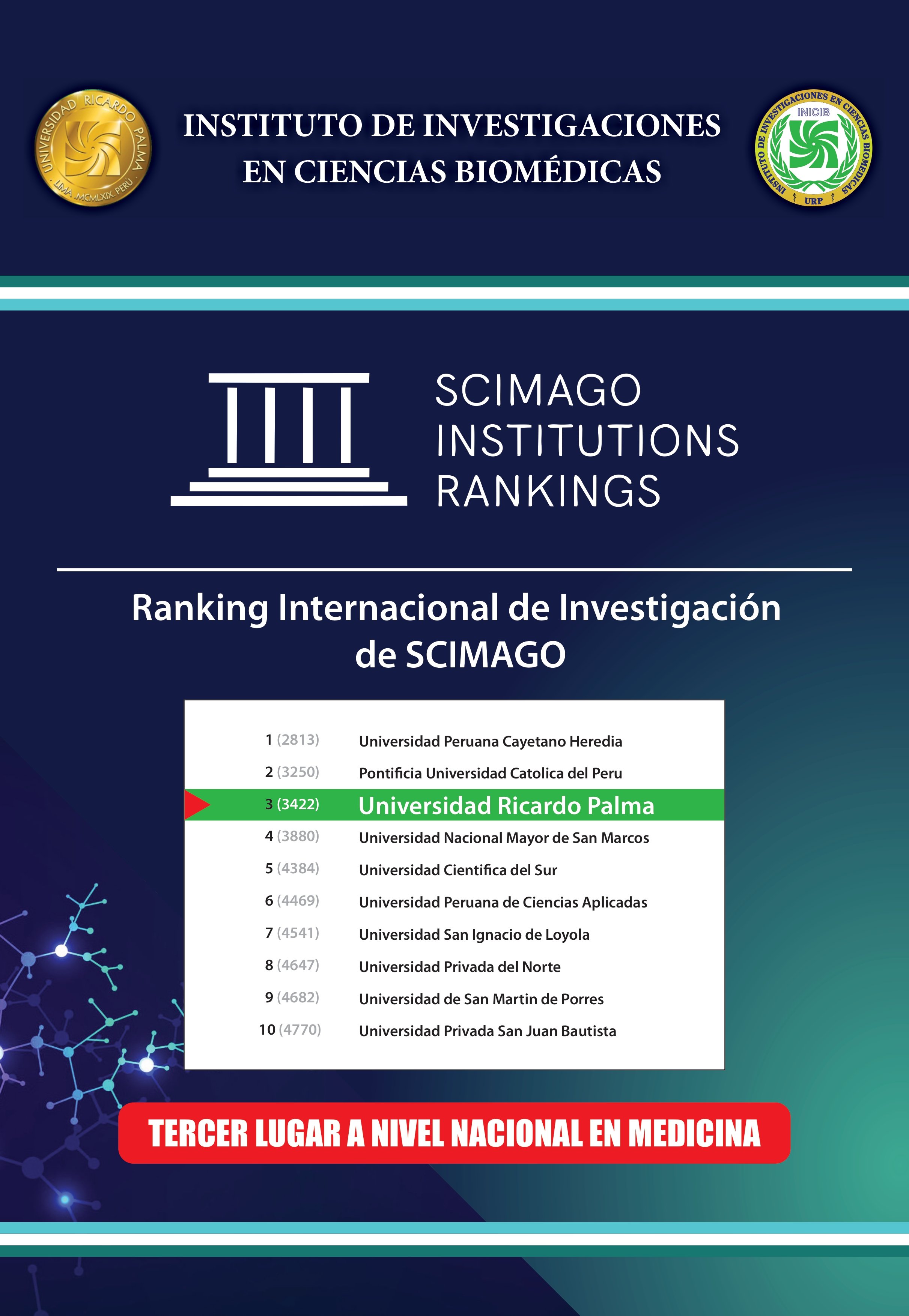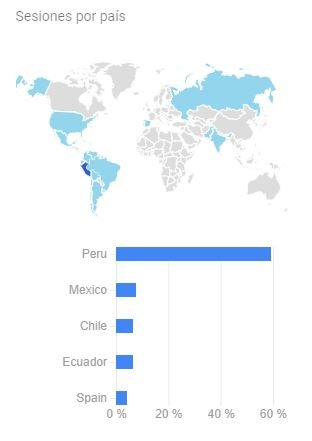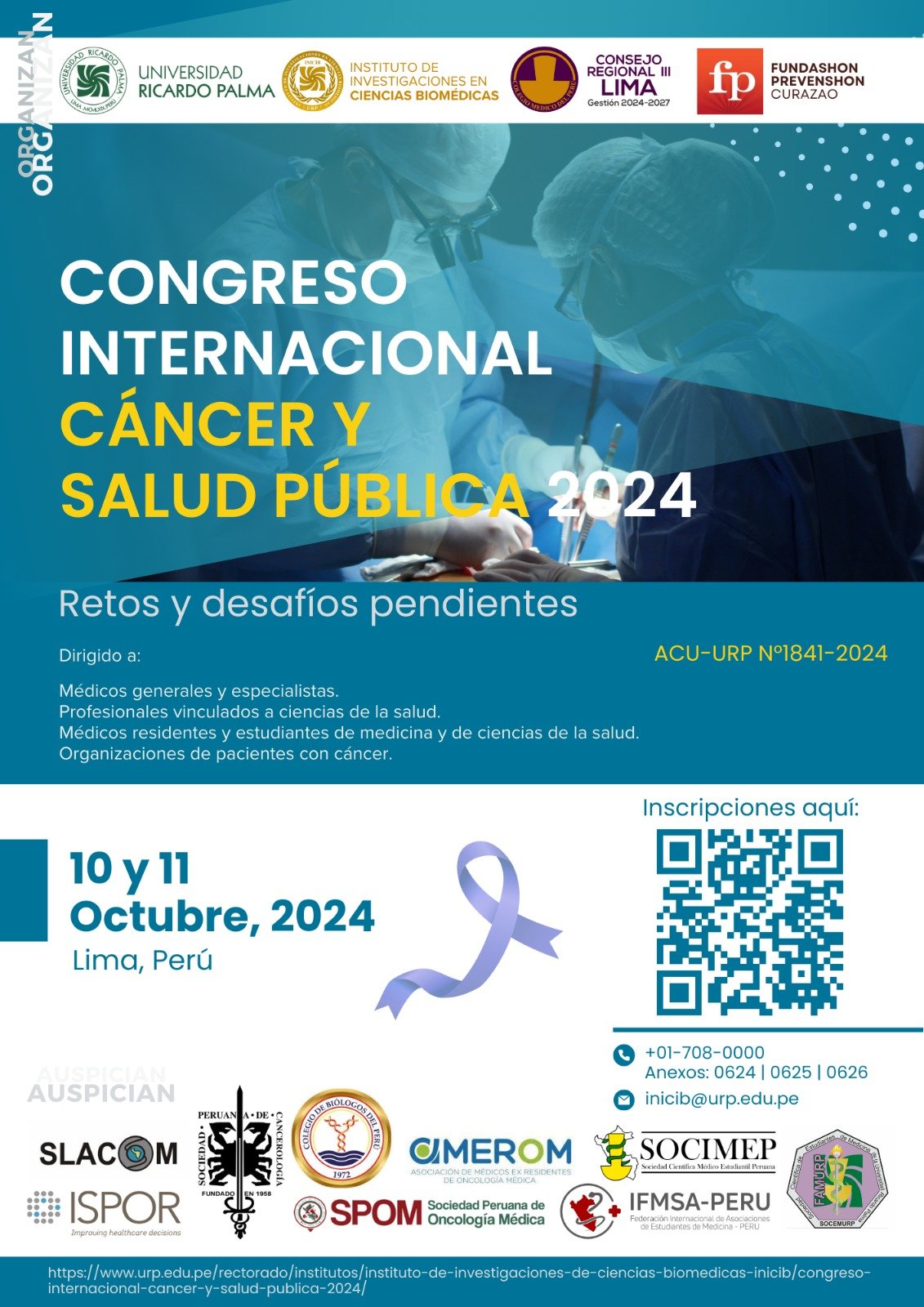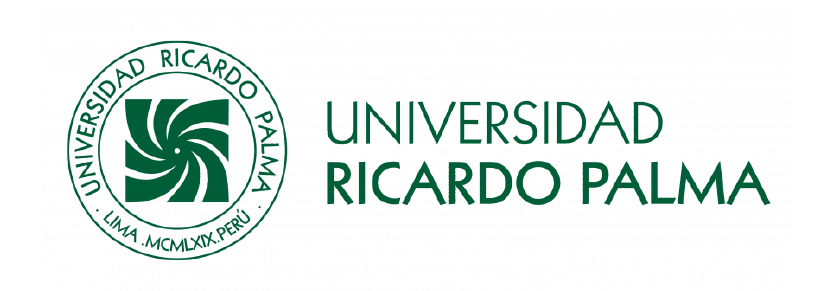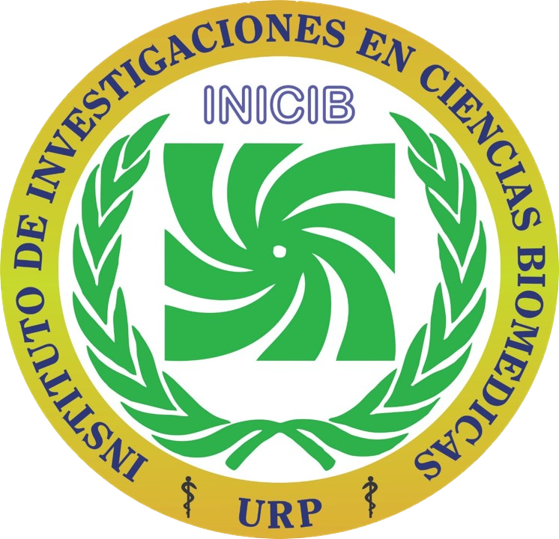Factores asociados a la realización de actividades de autocuidado en pacientes diabéticos en tres hospitales de Ucayali
Factors associated with the performance of self-care activities in diabetic patients in three Ucayali hospitals
DOI:
https://doi.org/10.25176/RFMH.v20i2.2902Palabras clave:
Autocuidado, Diabetes Mellitus, Conocimientos Actitudes y Practicas en SaludResumen
OBJETIVOS: Determinar los niveles y la valoración del autocuidado en pacientes diabéticos en tres hospitales de la región de Ucayali durante el 2017. MATERIALES Y MÉTODOS: Estudio transversal analítico, realizado en tres hospitales en Ucayali en el 2017 con un tamaño muestral de 572 participantes mediante un muestreo aleatorio estratificado. Se aplicó una encuesta autoadministrada que evaluaban las características generales de los pacientes, los conocimientos a través del Diabetes Knowledge Questionnaire 24 (DQK–24), la actitud del paciente frente a su enfermedad mediante la Diabetes Attitude Scale (DAS–3) y Summary of Diabetes Self Care Activities Measure (SDSCA) el cual media las prácticas de autocuidado RESULTADOS: La población de estudio fue de 572 pacientes, siendo el 50,8% mujeres, con la mediana de edad de 47 años (RIQ: 35-56). La hipertensión arterial (22,4%) fue la comorbilidad más frecuente. Además, el contar con un adecuado conocimiento sobre su enfermedad (RPa:2.47; IC95%:13.5-4.50), tener un control estricto (RPa:1.34; IC95%:1.09-1.65) predisponen a una adecuada adherencia en la dieta. La necesidad de algún entrenamiento especial (RPa:1.23; IC95%:1.03-1.47), la percepción de la gravedad en su enfermedad (RPa:1.25; IC95%:1.02-1.55), contar con autonomía (RPa:1.35; IC95%:1.12-1.64) predispuso a la realización de la toma de glucosa en sangre. CONCLUSIONES: Más de la mitad de los pacientes realizaban actividades de autocuidado inadecuados, un conocimiento sobre su enfermedad y un control estricto influencian en la dieta del paciente, así como un entrenamiento especial, percibir la gravedad de su enfermedad y ser autónomos impulsa a la realización de toma de glucosa en sangre.
Descargas
Citas
2. Organización Mundial de la Salud (OMS). Diabetes-World Health Organization. Diabetes. Nota descriptiva 30 de octubre 2018 (Internet) (Citado 5 de marzo 2020). Disponible en: https://www.who.int/es/news-room/fact-sheets/detail/diabetes
3. Organización Mundial de la Salud (OMS). Informe mundial sobre la diabetes (Internet); 2016 (citado 10 de marzo de 2020). Disponible en: https://www.who.int/diabetes/global-report/es/.
4. International Diabetes Federation (IFD) Diabetes Atlas. Octava edición 2017. Panorama mundial. 2017; c3: 40-4
5. Revilla L, Equipo Técnico Vigilancia de ENT, CDC/MINSA. Informe de Vigilancia de Diabetes al IV trimestre 2018. 2019
6. Hevia VP. Educación en Diabetes. Revist Médica Clínica los Condes; 2016,27(2).271-276.
7. American Diabetes Association. Standards of medical care in diabetes. Diabetes Care. 2016; 39(s 1): S4-S5. DOI: https://doi.org/10.2337/dc16-S003
8. Powers MA, Bardsley J, Cypress M, Duker P, Funnell MM, Fischl AH, et al. Diabetes self-management education and support in type 2 diabetes: A joint position statement of the American Diabetes Association, the American Association of Diabetes Educators, and the Academy of Nutrition and Dietetics. Diabetes Care [Internet]. 2015, [Citado 28 febrero 2020]; 38(7): 1372-82.
9. Denyes MJ, Orem DE, Bekel G. Self-Care: A Foundational Science. Nursing Science Quarterly. 2001; 14(1): 48–54.
10. García AA, Villagomez ET, Brown SA, Kouzekanani K, Hanis CL. The Starr County. Diabetes education study: Development of the Spanish-language Diabetes Knowledge Questionnaire. Diabetes Care 2001;24:16-21.
11. Villagomez E: Health Beliefs, Knowledge, and Metabolic Control in Diabetic Mexican American Adults. MS thesis. Houston, TX, The University of Texas Health Science Center, 1989
12. Anderson RM, Fitzgerald JT, Funnell MM, Gruppen LD. The third version of the Diabetes Attitude Scale. Diabetes Care 1998; 21: 1403-1407.
13. Hernández JM, Basora J, Ansa X, Piñol JL, Millan M, Figuerola D. La versión española de la Diabetes Attitude Scale (DAS-3sp): un instrumento de medición de actitudes y motivaciones en Diabetes. Endocrinol Nutr., 2002; 49: 293-8
14. Schmitt A, Gahr A, Hermanns N, Kulzer B, Huber J, Haak T. The Diabetes Self-Management Questionnaire (DSMQ): development and evaluation of an instrument to assess diabetes self-care activities associated with glycaemic control. Health Qual Life Outcomes. 2013; 11: 138
15. Caro-Bautista J, Morilla-Herrera JC, Villa-Estrada F, Cuevas-Fernández-Gallego M, Lupiáñez-Pérez I, Morales-Asencio JM. Adaptación cultural al español y validación psicométrica del Summary of Diabetes Self-Care Activities measure (SDSCA) en personas con diabetes mellitus tipo 2. Atención Primaria 2016; 48(7): 458 – 67.
16. Mailhot T, Cossette S, Alderson M. An evolutionary analysis of the concept of self-care. Rech Soins Infirm., 112 (2013), pp. 94-106
17. Grupo de trabajo de la Guía de Práctica Clínica sobre Diabetes tipo 2. Guía de Práctica Clínica sobre Diabetes tipo 2. Madrid: Plan Nacional para el SNS del MSC. Agencia de Evaluación de Tecnologías Sanitarias del País Vasco; 2008. Guías de Práctica Clínica en el SNS: OSTEBA N.o 2006/08.
18. National Institute for Health and Clinical Excellence. The management of type 2 diabetes: NICE clinical guideline 87. 2009; 8-9.
19. Woodward M, Zhang X, Barzi F, et al. The effects of diabetes on the risks of major cardiovascular diseases and death in the Asia-Pacific region. Diabetes Care. 2003;26(2):360-366.
20. Emdin CA, Rahimi K, Neal B, Callender T, Perkovic V, Patel A. Blood pressure lowering in type 2 diabetes: a systematic review and meta-analysis. JAMA. 2015;313(6):603-15.
21. De la Fuente GA, Tocora DGG, Sevillano BH, Del Valle KMP. Protocolo diagnóstico y tratamiento de la hipertensión en el síndrome metabólico y en la diabetes mellitus tipo 2. Medicine. 2019; 12(81), 4800–3.
22. Rankin D, Heller S, Lawton J. Understanding information and education gaps among people with type 1 diabetes. Patient Educ Couns 83: 87, 2011
23. Strine TW, Okoro CA, Chapman DP, et al. The impact of formal diabetes education on the preventive health practices and behaviours of persons with type 2 diabetes. Prev Med 41: 79, 2005.
24. Formosa C, Muscat R. Improving Diabetes Knowledge and Self-Care Practices. J Am Podriatr Med Assoc, 2016; 106(5), 352–356. doi:10.7547/15-071
25. Funnell MM, Brown TL, Childs BP, et al. National standards for diabetes self-management education. Diabetes Care 34(suppl 1): S89, 2008
26. Rodrigues FFL, Zanetti ML, Manoel AS, Martins TA, Sousa VD, Teixeira CRS. Knowledge and attitude: important components in diabetes education. Rev Latino-Am Enfermagem. 2009;17(4):468-73.
27. Roter DL, Hall JA, Merisca R, Nordstrom B, Cretin D, Svarstad B. Effectiveness of interventions to improve patient compliance: a meta-analysis. Med Care 1998;36:1138-61.
28. Sousa VD, Zauszniewski JA, Lea PJP, Davis SA. Relationships among self-care agency, self-efficacy, self-care, and glycemic control. Res Theory Nurs Practice 2005;19(3):217-30.
29. Cántaro K, Jara JA, Taboada M, Mayta-Tristán P. Association between information sources and level of knowledge about diabetes in patients with type 2 diabetes. Endocrinol. Nutr., 2016; 63(5), 202–11.
30. Roumie CL, Elasy TA, Wallston KA, Pratt S, Greevy RA, Liu X, et al. Clinical inertia: a common barrier to changing provider prescribing behavior. Jt Comm J Qual Patient Saf. 2007;33:277---85.
31. Ramos Saira RM. Adherencia al tratamiento en pacientes con diabetes mellitus tipo 2 en el Hospital Nacional Arzobispo Loayza: Lima 2012. Lima: Facultad de Medicina, Universidad Nacional Mayor de San Marcos; 2013.
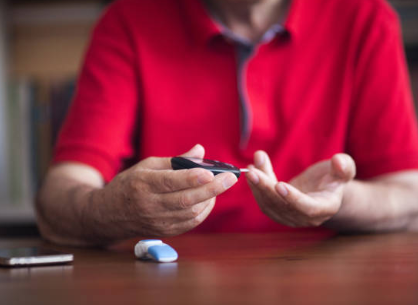
Descargas
Publicado
Cómo citar
Número
Sección
Licencia
Derechos de autor 2020 Revista de la Facultad de Medicina Humana

Esta obra está bajo una licencia internacional Creative Commons Atribución 4.0.


